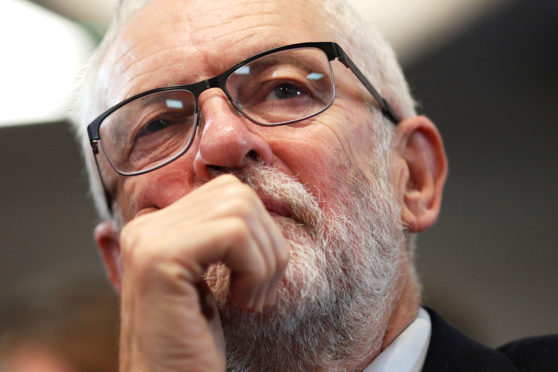
Most members of the public back Labour leader Jeremy Corbyn when it comes to billionaires, a poll suggests.
There is a strong anti-billionaire sentiment among Britons, with four in 10 believing an increase in the super-wealthy is a sign that society is getting worse, a YouGov survey found.
More than half of people in the UK, and a majority of supporters of all the main political parties other than the Conservatives, believe there should be no billionaires under any circumstances, according to the data.
During Labour’s General Election campaign, Mr Corbyn has pledged to take on the UK’s billionaires.
In a speech last month, he warned that a Labour government would go after super-rich individuals who exploit a “rigged system” to benefit themselves at the expense of the many.
His colleague, Labour parliamentary candidate Lloyd Russell-Moyle, told BBC Radio 5 Live that he “doesn’t think anyone in this country should be a billionaire”.
According to YouGov, this sentiment is broadly popular among voters, with 51% believing that nobody should have £1 billion to their name under any circumstances.
While 37% of the 1,647 people questioned consider an increase in the number of billionaires to be a sign of society worsening, just 14% think more billionaires means society is improving.
The opinion that billionaires should not exist is most widely-held among Labour supporters (67%).
With 52% of Lib Dem backers and 50% of Brexit Party voters also feeling that way, only Tory supporters are more pro-billionaire than anti (39%).
However, even a majority of Conservative supporters back a tax hike on the super-rich, according to the poll, which was carried out between November 1 and 3.
A total of 92% of Labour supporters think government should increase billionaire contributions to the state, and 86% of Lib Dems, 76% of Brexit Party backers, and 70% of Conservatives agree.
However, Britons are pessimistic about how many billionaires would part with an increased sum.
Only 5% of people believe the super-wealthy would pay up in the event of a tax hike, with 88% of respondents thinking the government should be taking more action to ensure they do.
Chris Curtis, political research manager at YouGov, said: “Corbyn’s attack on billionaires is well in tune with public opinion, according to new YouGov research.
“Half of voters – including half of Lib Dem and Brexit Party voters – say that no-one deserves a personal wealth of £1 billion, and huge majorities would support government moves to tax the super-rich more and stop billionaires in the UK from avoiding tax.
“This election was billed as the ‘Brexit election’ but if Corbyn can move the debate on to his People versus Ruling Elite narrative, he may yet find success on December 12.”

Enjoy the convenience of having The Sunday Post delivered as a digital ePaper straight to your smartphone, tablet or computer.
Subscribe for only £5.49 a month and enjoy all the benefits of the printed paper as a digital replica.
Subscribe